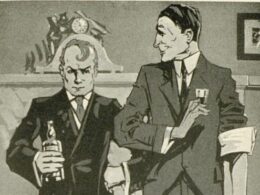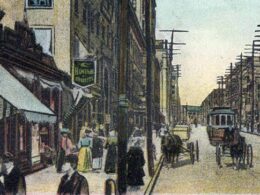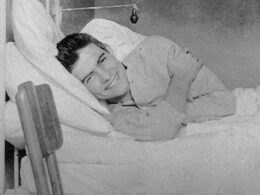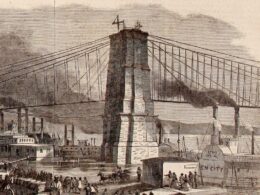George McMillan (1913–1987)
From Reporting Civil Rights: American Journalism 1941–1973
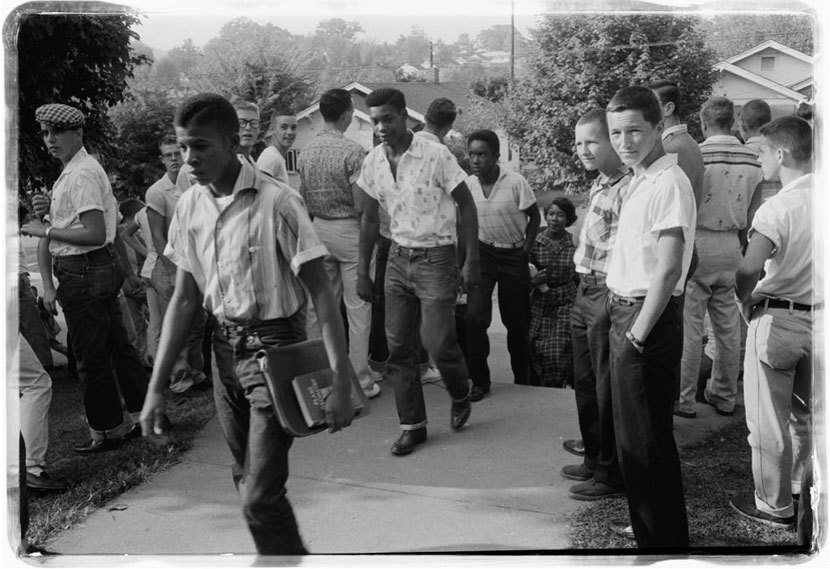
“One day I decided that I couldn’t take it anymore. I walked out of the school building and walked home and told my parents that I wasn’t going back. They then asked me what I was going to do. They told me they weren’t going to let me enlist in the Army yet, and they told me that they sure weren’t going to spend the money and effort to get me to and from Austin High School (an all-black school seventeen miles away) every day.”
—Bobby Cain, in an interview published in Tennessee Magazine.
His parents won the argument that day and in May 1957, months before the Little Rock 9 commanded international headlines, Tennessee native Bobby Cain became the first African American student to graduate from a formerly all-white public high school in a Southern state. His story hasn’t received as much attention as others, in no small part because until recently Cain declined to give interviews or participate in civil rights commemorations. His wife and daughter both “first learned the details of his achievement from others.”
A couple of weeks after Cain first walked through the doors of Clinton High School, George McMillan interviewed him for Collier’s magazine. Cain reminded Macmillan “of the men I had interviewed when I served as a Marine combat correspondent in World War II”—of a young man exhibiting symptoms of someone unable to describe an ongoing traumatic experience. We present “The Ordeal of Bobby Cain” as our Story of the Week selection.
